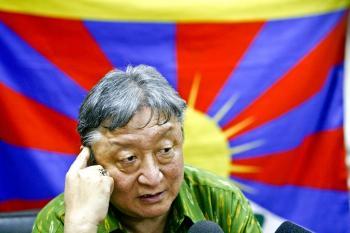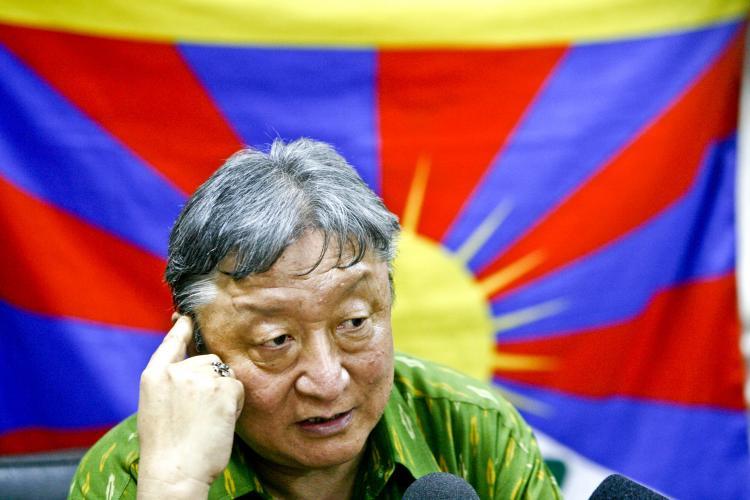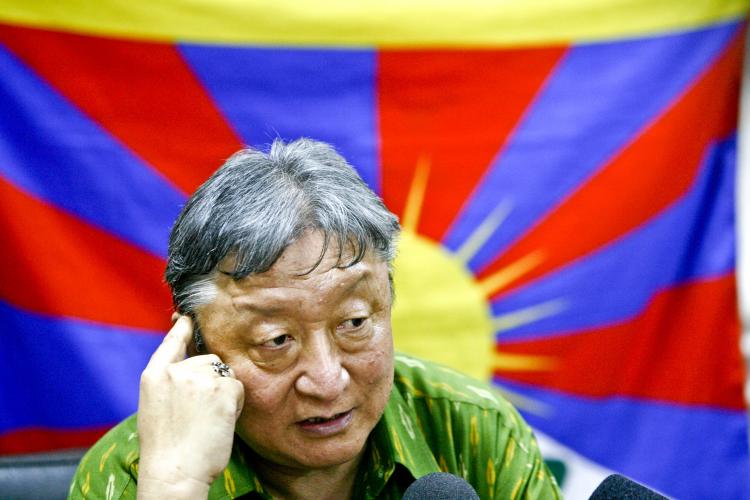Tibetan Envoys Return to India Empty-Handed
Representatives of the Tibetan government in exile met with CCP officials but made no progress.

Special envoy of the Dalai Lama, Lodi Gyar. Tibetan envoys returned to India empty-handed on Feb. 1 after a ninth round of talks on Tibet's future with Chinese Communist Party (CCP) officials. MANPREET ROMANA/AFP/Getty Images
|Updated:
Matthew Robertson is the former China news editor for The Epoch Times. He was previously a reporter for the newspaper in Washington, D.C. In 2013 he was awarded the Society of Professional Journalists’ Sigma Delta Chi award for coverage of the Chinese regime's forced organ harvesting of prisoners of conscience.
Author’s Selected Articles






